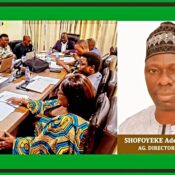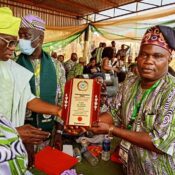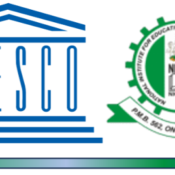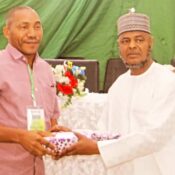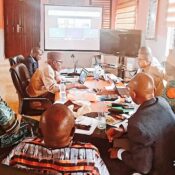Experts Call for Accurate Data Collection to Enhance Education Planning
A five-day conference of Directors of Planning, Research, and Statistics (DPRS) held from 14-19 July 2024 has emphasized the importance of harnessing valid data for effective planning and decision-making in education. The conference, held at the National Institute for Educational Planning and Administration (NIEPA) in Ondo, brought together experts from various states and organizations to brainstorm on improving data collection, analysis, and interpretation in the education sector.
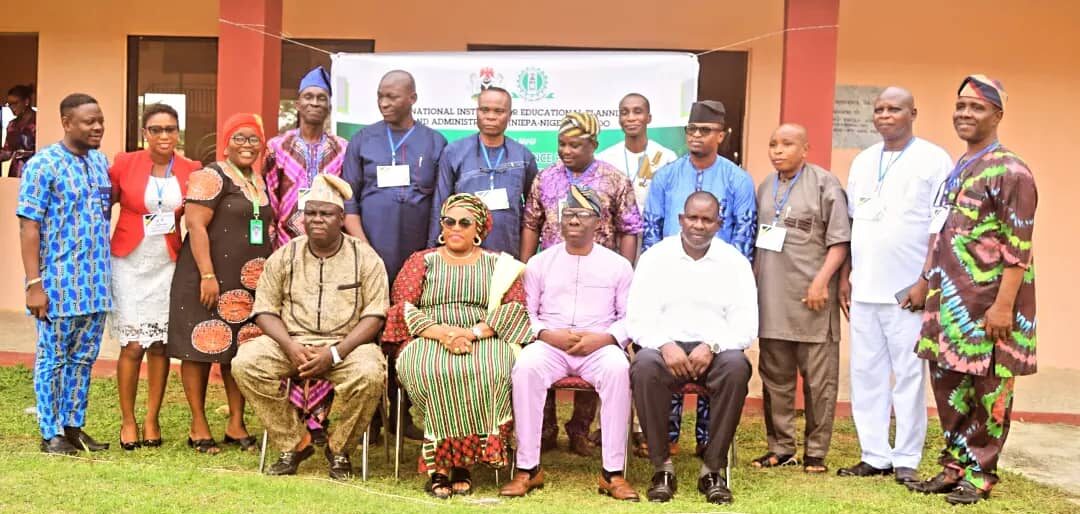
Delivering his opening address, the Acting Director General and Chief Executive Officer of NIEPA, Ondo, Dr. David Shofoyeke, emphasized that Planning, Research, and Statistics are crucial to education sector development. He stressed the need for the annual conference to keep educational planners and policymakers updated on global best practices. Dr. Shofoyeke expressed his delight at the conference’s progress compared to the previous year’s attendance and reaffirmed his commitment to hosting the conference annually. He highlighted the conference’s objectives, including familiarizing participants with data collection, storage, analysis, and interpretation in educational planning and addressing challenges in DPRS. He outlined the conference’s focus areas, such as valid data sources, collection, analysis, and challenges, educational indicators and interpretation, and access indicators and system strengthening.
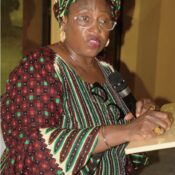 Declaring the conference open, the Director, of Educational Planning, Research and Development, Federal Ministry of Education, Abuja, Mrs. Obianuju Anigbogu, stressed the importance of data collection, storage, and interpretation. In her keynote address, she highlighted the importance of valid data and explained the DOTS policy acronyms: D for data repository, O for out-of-school children’s education, T for teachers’ training and development, and S for skills acquisition and development. The Director further emphasized the significance of each component for educational development.
Declaring the conference open, the Director, of Educational Planning, Research and Development, Federal Ministry of Education, Abuja, Mrs. Obianuju Anigbogu, stressed the importance of data collection, storage, and interpretation. In her keynote address, she highlighted the importance of valid data and explained the DOTS policy acronyms: D for data repository, O for out-of-school children’s education, T for teachers’ training and development, and S for skills acquisition and development. The Director further emphasized the significance of each component for educational development.
The conference theme, “Harnessing Valid Data for Effective Planning and Decision Making in Education,” was addressed by various presenters, including Dr Sunday Adegbesan, who shared professional experiences and encouraged states to partner with NIEPA for education strategic plans and EMIS. Other presenters included Mr. Seun Yusuf, who discussed data sources, collection, analysis, and interpretation, and Dr. A.L. Ogunsola, who explained educational indicators and their interpretation. Additionally, Eng. Salami Olanrewaju presented a paper on Education Governance and Security, highlighting the importance of data security in organizations and providing guidelines for ensuring data integrity.
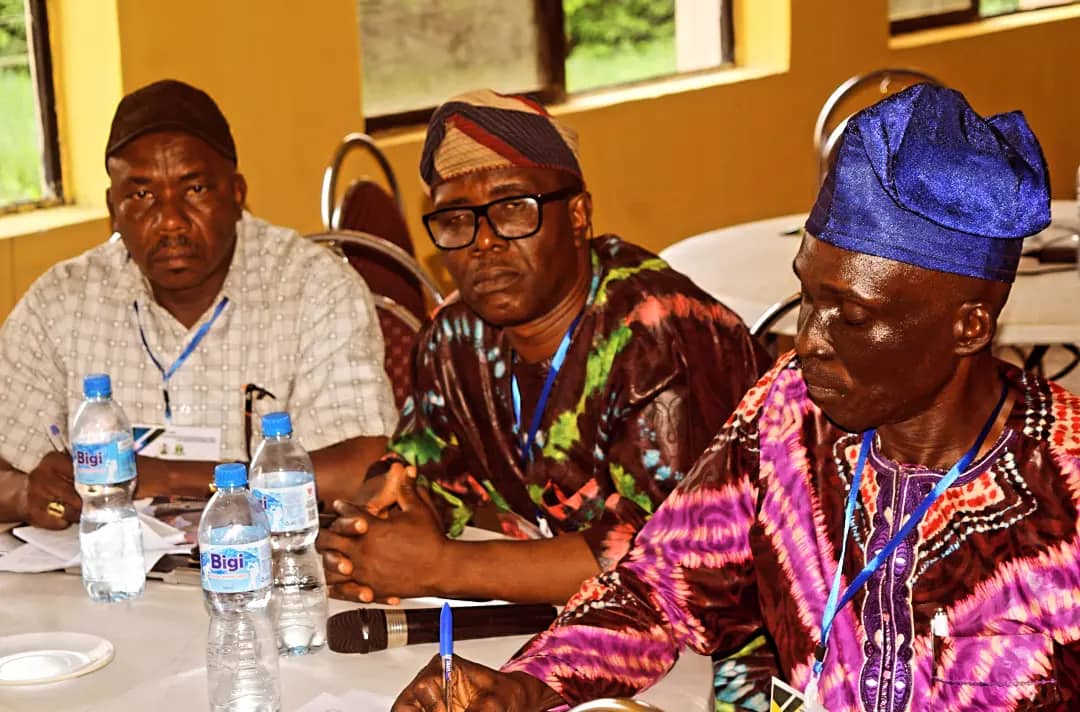
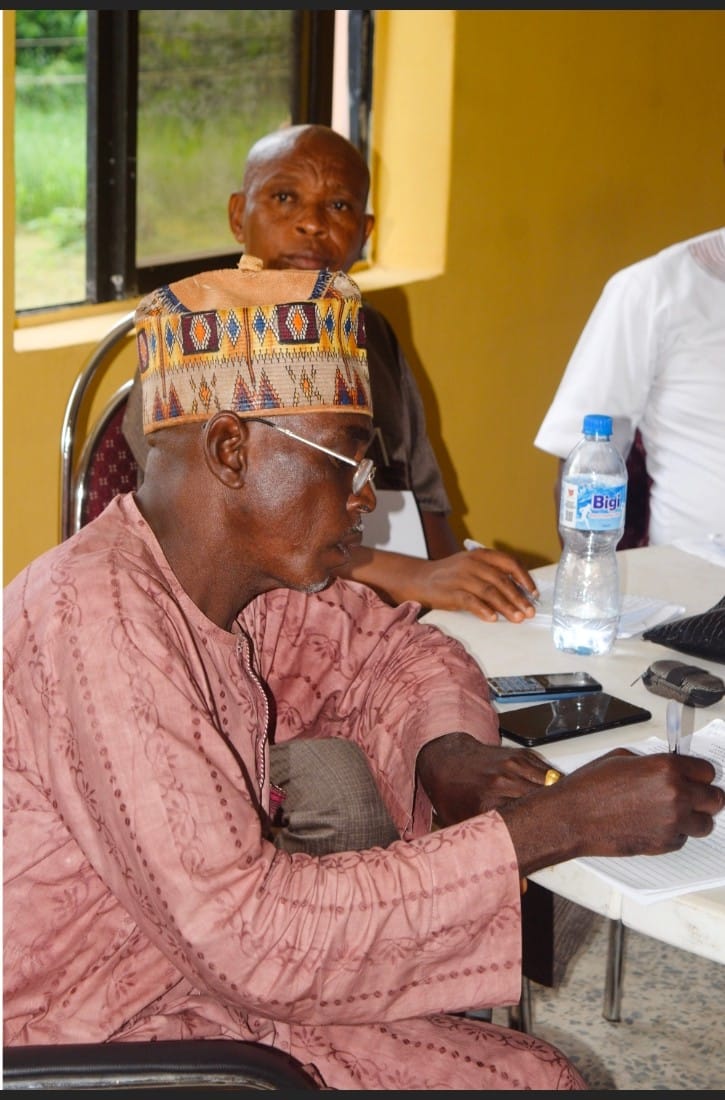
In a communique released at the end of the 5-day conference, it was observed that inaccurate data collection, inadequate research, and funding challenges hinder effective educational planning. The conference recommendations included tailoring data collection towards realistic and reliable data, conducting regular research, empowering EMIS staff, and creating awareness of the National Bureau of Statistics Act and National Policy on Data.
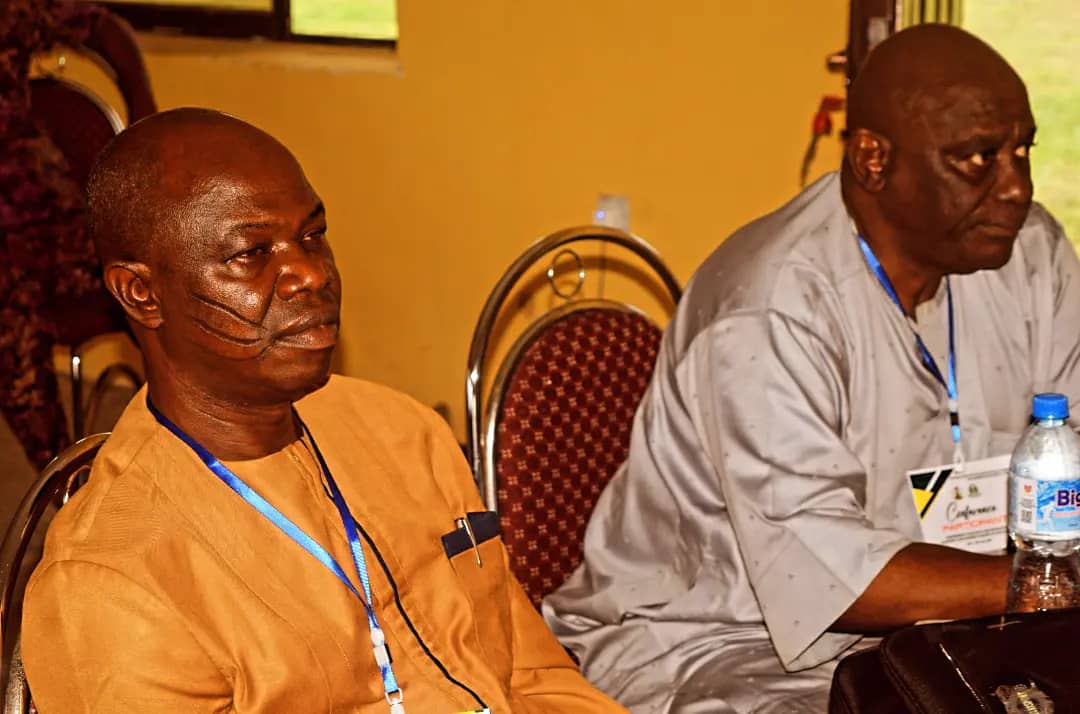
The conference had in attendance Directors, Deputy Directors, and Assistant Directors from Federal and State Ministries of Education, tertiary and other allied institutions from across the country.

Speaking at the close of the conference, the Chairman of the Local Organizing Committee of the conference, Dr Opeyemi Oyekan, expressed her heartfelt appreciation to the participants, co-organizers, and presenters for their valuable contributions, insightful presentations, and active participation, which made the conference a resounding success. She thanked the participants for their engagement and enthusiasm, the organizers for their tireless efforts, and the presenters for their informative and thought-provoking presentations.

